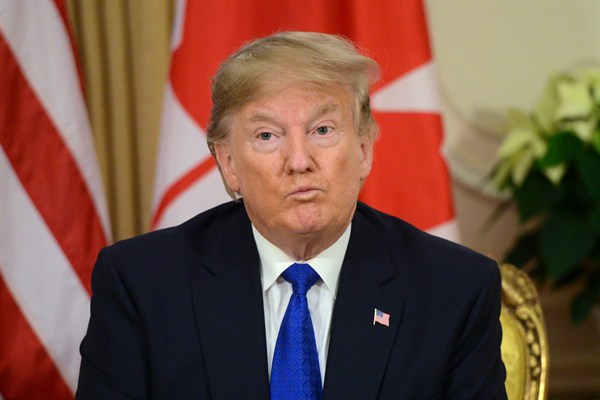It came in a predawn tweet, like so many things from President Donald Trump: The announcement of new tariffs on steel and aluminum imports from Brazil and Argentina. It was just the start of another wild week in Trump’s trade wars.
He then threatened to retaliate against France for its new tax on American technology companies with tariffs on French exports of wine, cheese and handbags. Later in the week, Trump said he might prefer to wait until after the election to reach the “phase-one” trade deal with China he announced as all-but done back in October. The comments raised the specter—again—of new tariffs taking effect on $160 billion in additional Chinese imports, mainly consumer products, after the duties were delayed from Sep. 1 to Dec. 15. Finally, during a NATO leaders’ meeting outside London, Trump suggested he might use tariffs to punish countries not meeting their defense spending targets in the alliance.
Amid the turmoil and renewed market volatility triggered by Trump, it was his first move of the week, against Brazil and Argentina, that says the most about what is wrong with Trump’s trade policy, even if it targets relatively minor trading partners and a small amount of trade.

